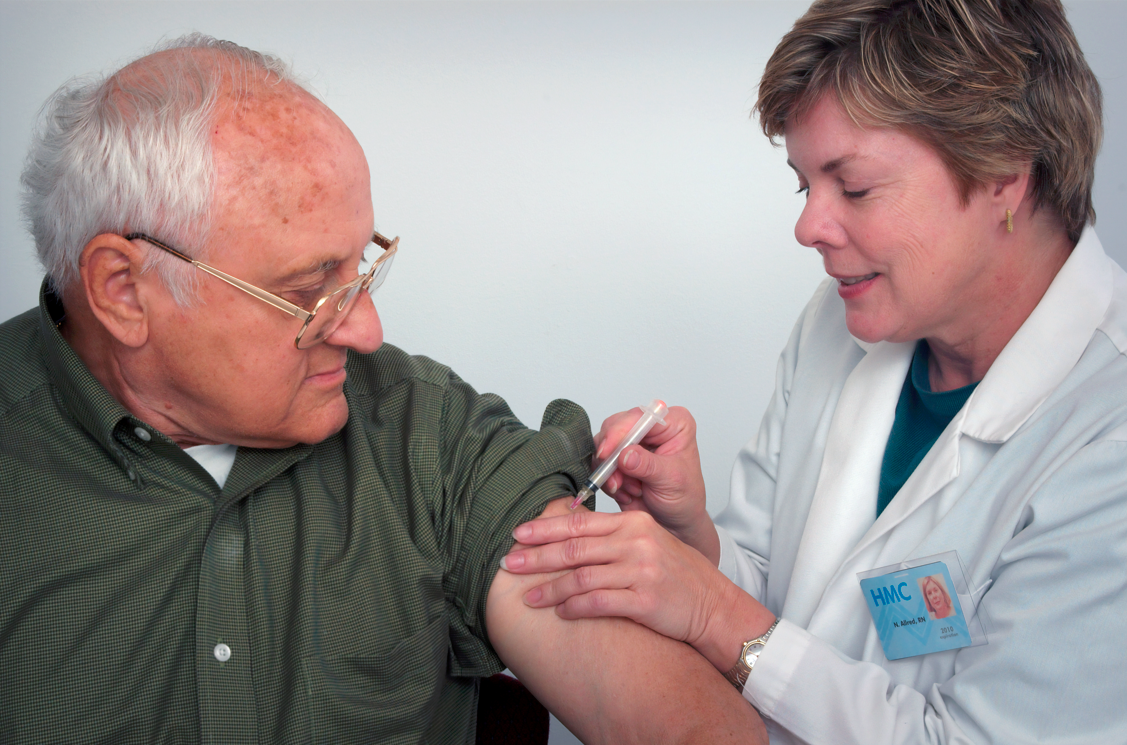News release
From:
mRNA vaccines highly effective at preventing death from COVID-19, less effective at preventing infection
A target trial emulation study found that in an elderly population of U.S. veterans with high comorbidity burden, mRNA vaccine efficacy at preventing infection with COVID-19 was substantially lower than previously reported but effectiveness against death was very high. These finding suggest that complementary infection mitigation efforts remain important for pandemic control, even with vaccination. The study is published in Annals of Internal Medicine.
The real-world effectiveness of the Moderna or Pfizer-BioNTech COVID-19 mRNA vaccines in ethnically and racially diverse populations across the entire United States is not well characterized, especially in more vulnerable populations, such as elderly persons with high comorbidity burden. The U.S. Department of Veterans Affairs (VA) health care system is the largest national, comprehensive health care system in the United States. As such, it offers the opportunity to evaluate vaccines in this population.
Researchers from Veterans Affairs Puget Sound Health Care System and University of Washington School of Medicine designed an observational study to emulate a target trial of COVID-19 vaccination versus placebo. Of the more than 5 million people receiving care in the Veterans Affairs health care system, those who received at least 1 dose of the Moderna or Pfizer–BioNTech COVID-19 vaccine from 11 December 2020 to 25 March 2021 (n = 2,099,871) were matched to unvaccinated controls in a 1:1 ratio according to demographic, clinical, and geographic characteristics. The researchers found that vaccine effectiveness at 7 or more days after the second vaccine dose was 69% for SARS-CoV-2 infection and 86% for SARS-CoV-2–related death during follow-up extending to 30 June 2021. Vaccine effectiveness did not decline when follow-up was extended from 31 March to 30 June 2021. Vaccine effectiveness against SARS-CoV-2 infection decreased with increasing age and comorbidity burden. According to the researchers, these findings suggest that protection against infection from COVID-19, even among vaccinated individuals, will require continued attention to additional mitigation strategies.



 International
International



